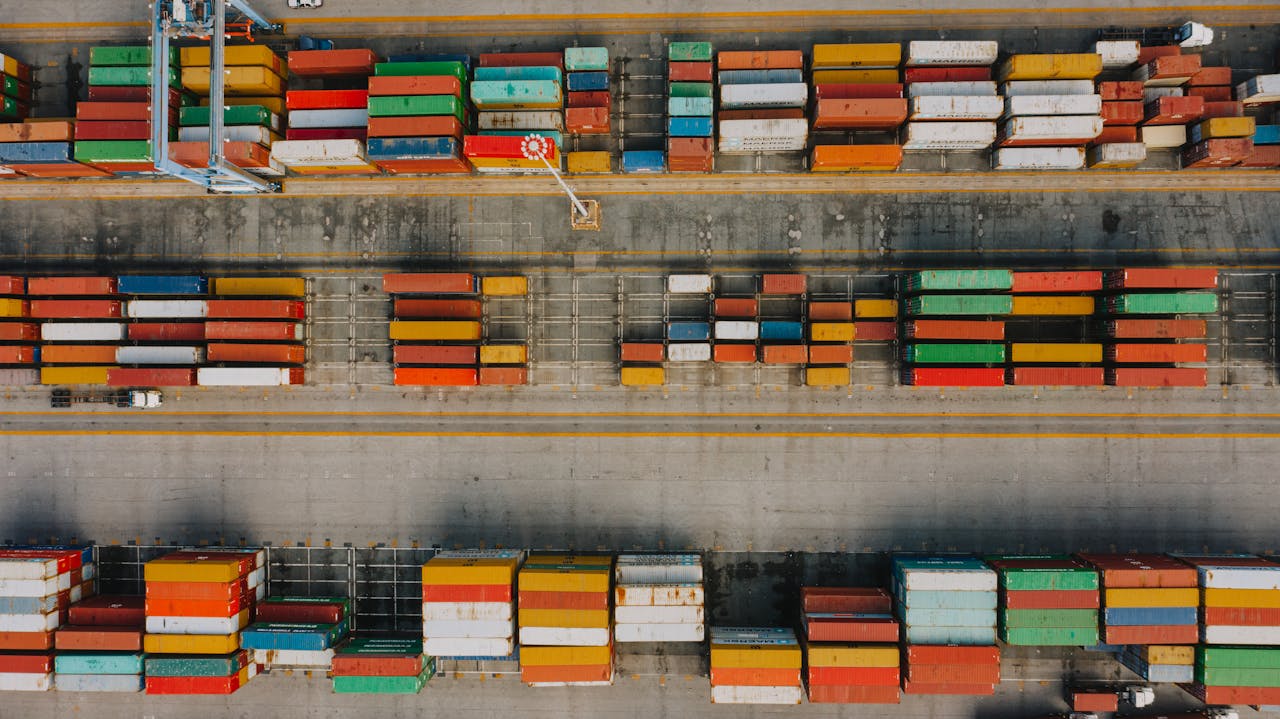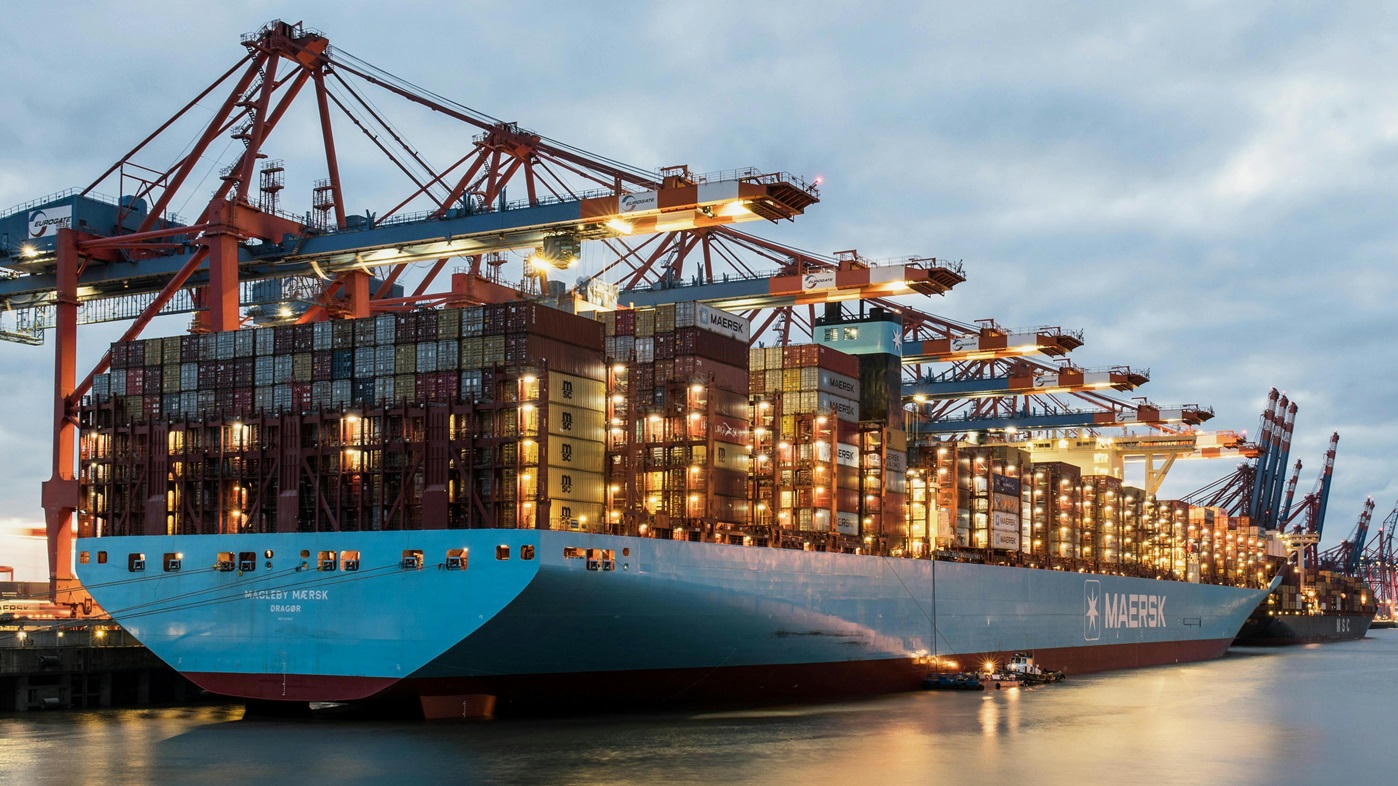
How Logistics Can Help Nepal Address Its Trade Deficit Problem
Nepal, a landlocked country nestled in the Himalayas, faces significant challenges in international trade. One of the most pressing issues is the trade deficit, where the value of imports far exceeds that of exports. Effective logistics management can play a crucial role in addressing this imbalance, enhancing Nepal's trade efficiency and economic stability. This blog explores how logistics can help mitigate Nepal's trade deficit problem.
Understanding Nepal's Trade Deficit
Nepal's trade deficit is primarily due to its high dependence on imports for essential goods, including petroleum products, machinery, and raw materials. Conversely, the country struggles to boost its exports, which mainly consist of agricultural products, textiles, and handicrafts. The geographical constraints, inadequate infrastructure, and limited access to major ports further exacerbate this issue.
Role of Logistics in Trade Efficiency
Improving logistics is vital for enhancing trade efficiency. Here are several ways logistics can help Nepal tackle its trade deficit:
- Infrastructure Development: Investing in better transportation infrastructure, such as roads, railways, and airports, can significantly reduce transit times and costs. Efficient logistics networks facilitate smoother and quicker movement of goods, boosting trade efficiency.
- Access to Ports: As a landlocked country, Nepal relies on neighboring countries' ports for maritime trade. Establishing strategic agreements and improving connectivity to these ports can streamline the export and import processes, reducing costs and delays.
- Warehouse Management: Developing modern warehousing facilities equipped with advanced technology can improve inventory management and reduce storage costs. Efficient warehousing ensures that goods are stored safely and are readily available for transport.
- Customs and Trade Facilitation: Simplifying customs procedures and adopting digital solutions can expedite the clearance process. Reducing bureaucratic hurdles and enhancing transparency can attract more international trade and investment.
- Supply Chain Optimization: Implementing advanced supply chain management practices can optimize the flow of goods from suppliers to consumers. Effective supply chain strategies reduce waste, lower costs, and improve overall trade performance.
Enhancing Export Competitiveness
Boosting exports is essential for reducing the trade deficit. Logistics can enhance Nepal's export competitiveness in the following ways:
- Quality Control and Certification: Establishing logistics hubs that offer quality control and certification services can ensure that Nepalese products meet international standards. This can open up new markets and increase demand for Nepalese goods.
- Efficient Transportation: Streamlining transportation from production sites to export points reduces transit times and costs, making Nepalese products more competitive in the global market.
- Market Access: Improved logistics can help identify and reach new international markets. By leveraging global logistics networks, Nepalese exporters can expand their reach and diversify their market base.
Government and Private Sector Collaboration
Addressing the trade deficit requires collaboration between the government and the private sector. The government can create favorable policies and invest in infrastructure, while private logistics companies can bring in expertise and innovation to improve the logistics landscape. Public-private partnerships can drive the development of efficient logistics systems that support trade growth.
Conclusion
Improving logistics is a strategic approach to addressing Nepal's trade deficit. By investing in infrastructure, optimizing supply chains, and enhancing export competitiveness, Nepal can create a more balanced trade environment. Effective logistics management not only reduces costs and improves efficiency but also opens up new opportunities for trade and economic development. As Nepal continues to grow, a robust logistics framework will be crucial for sustainable trade and economic prosperity.
Tags:
- Freight Forwarding ,
- Nepal

